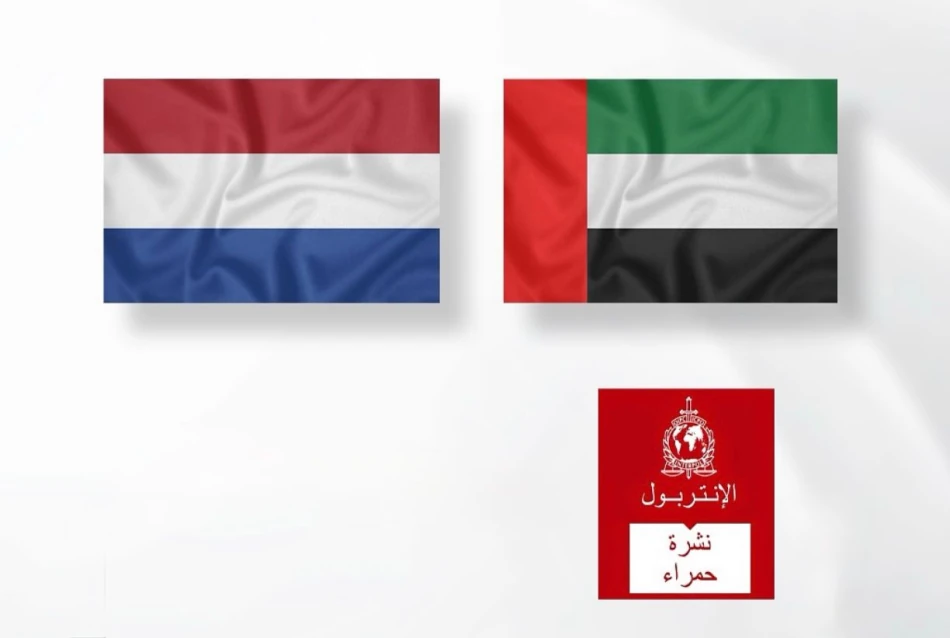
United Arab Emirates Extradites Wanted Fugitive to Dutch Authorities
UAE Extradites Drug Trafficking Suspect to Netherlands in Major Cross-Border Law Enforcement Win
The UAE has successfully extradited a high-profile suspect to the Netherlands following his arrest by Dubai Police on an Interpol Red Notice, marking another significant milestone in the Emirates' growing reputation as a reliable partner in international law enforcement cooperation. The individual faces serious charges including drug trafficking, money laundering, and participation in organized criminal activities.
High-Stakes Arrest Demonstrates Dubai's Security Infrastructure
Dubai Police's General Command executed the arrest based on an Interpol Red Notice, showcasing the city's sophisticated law enforcement capabilities that have made it increasingly difficult for international criminals to operate within UAE borders. The successful apprehension reflects Dubai's transformation from a regional business hub into a globally integrated financial center with world-class security protocols.
The extradition was completed following a judicial ruling and decision from the Ministry of Justice, emphasizing the UAE's commitment to following proper legal channels in international criminal matters. This procedural rigor has become a hallmark of the Emirates' approach to cross-border law enforcement cooperation.
Strategic Implications for Regional Security
UAE's Evolving Role in Global Crime Fighting
This extradition represents part of a broader pattern of the UAE positioning itself as a crucial partner in international law enforcement. The country has significantly strengthened its anti-money laundering frameworks and criminal cooperation agreements over the past decade, particularly as it seeks to maintain its status as a premier destination for legitimate international business.
The case is particularly significant given the charges involved – drug trafficking and money laundering operations often use sophisticated financial networks that span multiple jurisdictions. By successfully processing this extradition, the UAE demonstrates its capability to handle complex international criminal cases that require coordination between multiple legal systems.
Comparison with Regional Security Partnerships
The UAE's approach mirrors successful models established by Singapore and Hong Kong, where strong rule of law and international cooperation have enhanced rather than hindered their roles as global financial centers. Unlike some regional jurisdictions that have struggled with transparency issues, the Emirates has increasingly embraced international legal standards as a competitive advantage.
This contrasts sharply with historical patterns in the region, where extradition processes were often lengthy or complicated by diplomatic considerations. The streamlined nature of this case suggests institutional maturation in the UAE's justice system.
Broader Impact on International Criminal Networks
The Ministry of Interior's emphasis on combating transnational crime and protecting community security reflects a strategic understanding that the UAE's continued economic growth depends partly on its reputation as a secure, well-regulated jurisdiction. For international criminal organizations, the message is clear: the Emirates is no longer a safe haven for illicit activities.
This development is likely to influence how international law enforcement agencies view cooperation with Gulf states, potentially leading to expanded intelligence sharing and joint operations. For legitimate businesses operating in the region, such robust law enforcement cooperation provides additional confidence in the regulatory environment.
The successful extradition also demonstrates the practical effectiveness of Interpol's Red Notice system when supported by competent local law enforcement and judicial systems willing to act decisively on international requests.
Most Viewed News

 Sara Khaled
Sara Khaled






